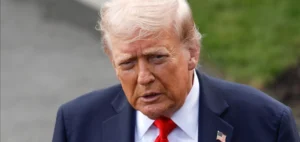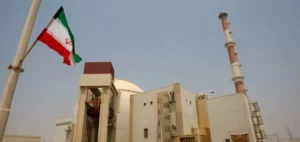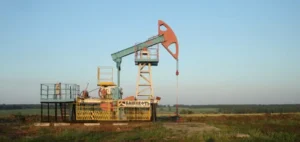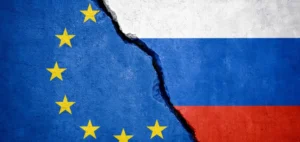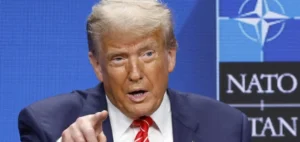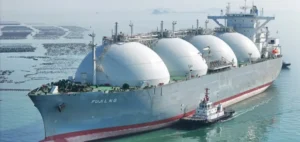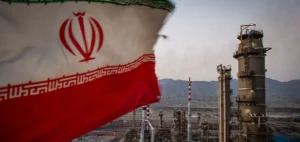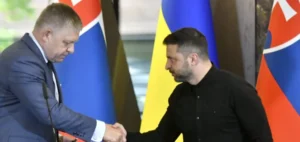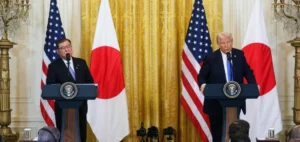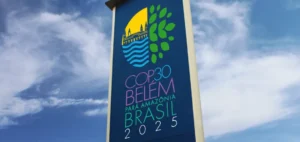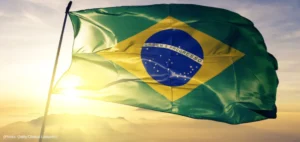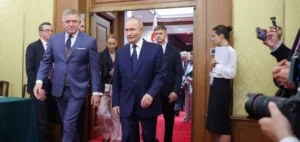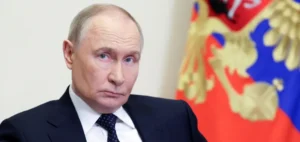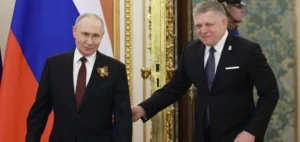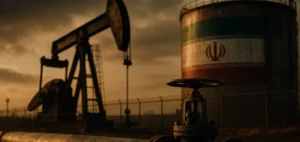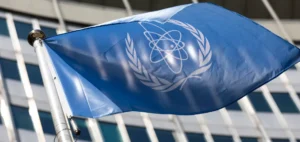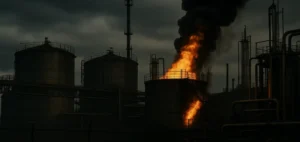French President Emmanuel Macron and Venezuelan President Nicolas Maduro briefly exchanged in the corridors of COP27 in Sharm el-Sheikh, according to images given to AFP by the Venezuelan presidency, while Paris does not officially recognize Mr. Maduro as president of the South American country.
During the exchange of about a minute and a half, the two men exchanged pleasantries and then the French president said to Mr. Maduro: “I would be happy if we could talk longer, that we could engage in bilateral work useful for the region. A few moments later, he added: “President, I have you after this sequence there. I’ll call you back”.
Yet, in the wake of the United States, France has never officially recognized Nicolas Maduro’s re-election to a second term in 2018, and has referred to opposition leader Juan Guaido as interim president. But the weight of Mr. Guaido has dropped considerably since then.
However, channels of dialogue have remained open between the two countries, and Mr. Macron has recently reiterated his desire to be a “balancing power.
This week in Paris, he will welcome Gustavo Petro, the first left-wing president in the history of Colombia, elected in August, who has resumed diplomatic relations with Venezuela after a three-year break.
Mr. Petro wants to normalize relations between the two neighbors with 2,200 km of common border, after years of banishment of Caracas.
The United States has imposed a series of sanctions on Caracas in 2019, including an embargo on Venezuelan oil.
But President Joe Biden’s administration announced a limited easing of some of these sanctions in May, just as energy prices were surging due to the war in Ukraine.
During the discussion between the two presidents, Mr. Maduro said that “France must play a positive role” in Latin America.
In June, during the G7 summit in Germany, the French presidency, concerned about the energy crisis, had mentioned “resources elsewhere that must be explored”, looking at the production of Iran and Venezuela, and considering that “Venezuelan oil must be put back on the market”.
Nicolas Maduro had immediately invited French companies, launching on television: “President Macron! Venezuela is ready to welcome all French companies that would like to come and produce oil and gas”.



